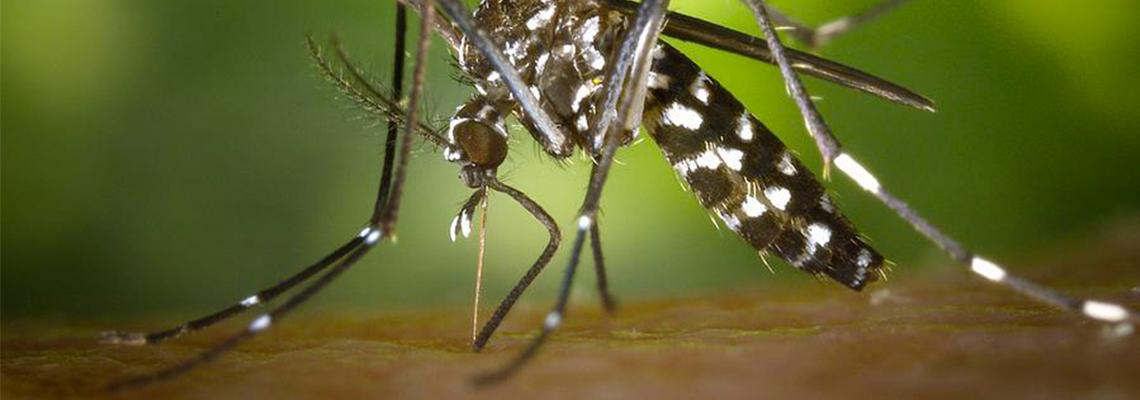News
The Government launches a mosquito monitoring system
Since its arrival in Menton in 2004, the Aedes albopictus or tiger mosquito has since irreversibly colonised the Alpes-Maritimes region and the Principality of Monaco. It is capable of transmitting viral infections such as Dengue fever. A person travelling to regions where it is endemic (Africa, Asia, Latin America) can contract the disease and return to Europe. If an infected person is bitten by a tiger mosquito, the latter can then pass the disease on by biting someone else.
Given the increase in cases of Dengue fever in the PACA region, the Ministry of Health and Social Affairs has launched a system to monitor mosquitos in the area for the presence of viruses and implement specific action when they are detected.
Several sampling devices have been used in strategic areas throughout the Principality, starting with public areas. Samples are collected and analysed once a week to ensure the absence of arboviruses (Dengue, Chikungunya, Zika).
To prevent their transmission, infected people must take all necessary precautions by using mosquito repellent, nets and insecticides, and, if needed, apply larvicidal and adulticidal treatments in their homes.
Dengue fever symptoms appear approximately four to ten days after transmission and include a high fever often accompanied by headache, nausea and vomiting. If these symptoms occur, it is strongly recommended to consult your doctor who can perform a rapid diagnostic test (TROD) if other causes of fever have been excluded.
Dengue fever is a notifiable disease that doctors and laboratories must report to the Department of Health Affairs (DASA) so that preventive measures can be taken to avoid the development of a cycle of transmission.

